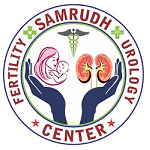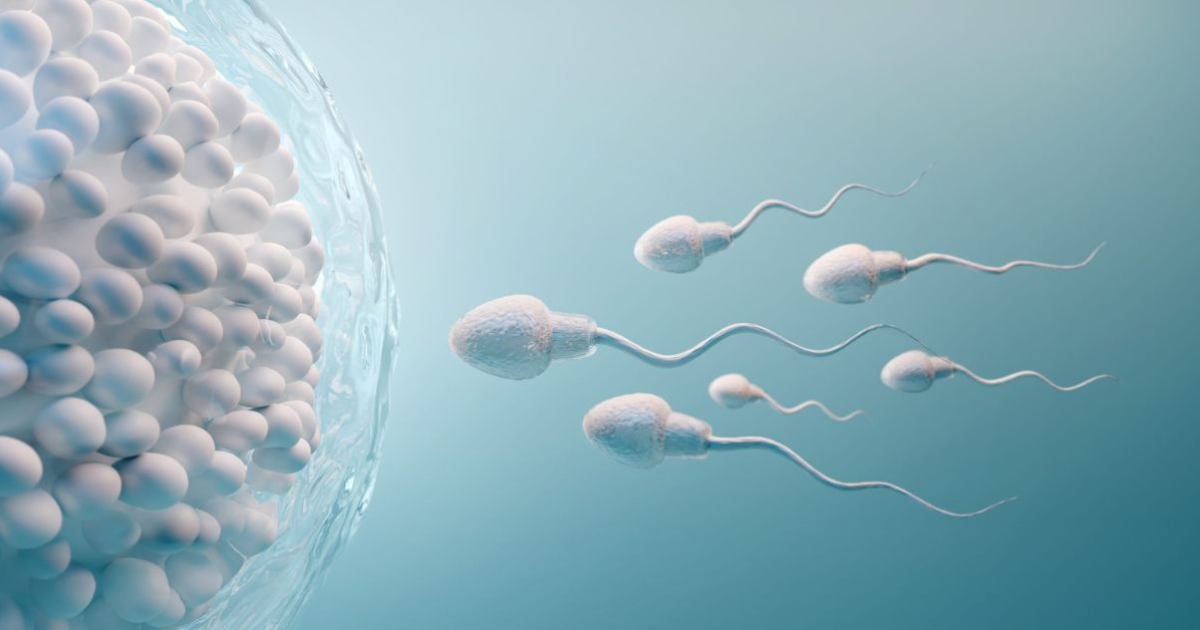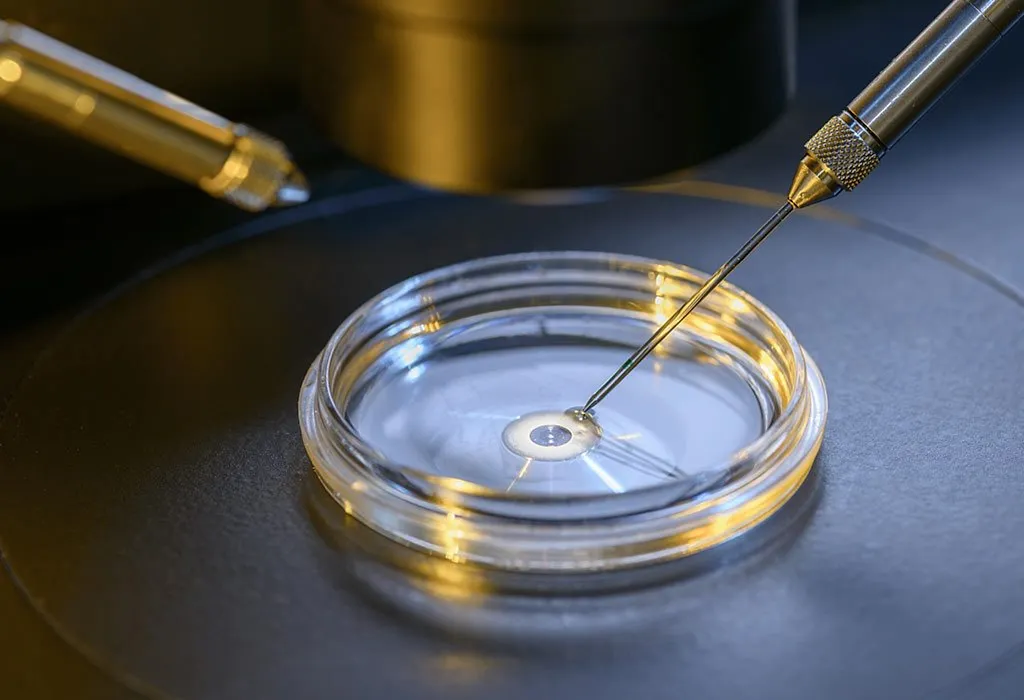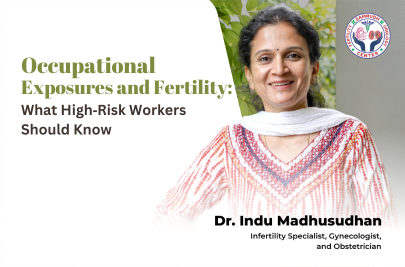The decision to have a child is one of the most personal and life-changing choices a person or couple can make. Sometimes, life circumstances, health issues, or personal reasons lead someone to have an abortion. For many, this decision raises an important question later, is it safe to become pregnant again?
While every person’s journey is unique, understanding the physical, emotional, and medical aspects of conceiving after an abortion can help you make informed and confident decisions. This article explores the key considerations, recovery timelines, potential risks, emotional readiness, and when fertility treatments might be needed. It also highlights how choosing the right medical support, such as a reputable IVF center in Bangalore, can make the process safer and more reassuring.
Understanding the Physical Recovery Process
After an abortion, the body needs time to heal. The recovery process varies depending on whether the abortion was medical (through medication) or surgical (a minor procedure).
In medical abortions, the body usually takes a few days to pass the pregnancy tissue completely, followed by a short period of bleeding and cramping. Surgical abortions typically involve a quicker resolution of bleeding, but the internal healing process still requires time.
Healthcare providers generally recommend waiting at least one normal menstrual cycle before trying to conceive again. This waiting period allows the uterine lining to restore itself fully, reduces the risk of complications in the next pregnancy, and gives your body a chance to regain its natural hormonal rhythm.
The Emotional Journey After an Abortion
The physical aspect of recovery is only part of the process. Emotional healing is equally important, yet it’s often overlooked. An abortion can trigger a wide range of feelings from relief to sadness, guilt, or even grief.
Processing these emotions is vital before planning another pregnancy. Rushing into conception without addressing emotional well-being can lead to unnecessary stress during the next pregnancy. Some people benefit from talking to trusted friends or family members, while others find professional counseling helpful in coping and rebuilding confidence.
The Role of Healthcare Consultations
Before trying to conceive again, consulting with a qualified healthcare professional is essential. A doctor can evaluate your reproductive health, review your medical history, and discuss any possible complications you should be aware of.
These consultations are especially important if:
You experienced complications during or after the abortion
You have a history of multiple abortions
You have pre-existing health conditions like diabetes, thyroid disorders, or polycystic ovary syndrome (PCOS)
You are over the age of 35 and concerned about fertility decline
A good consultation will also address lifestyle factors, such as nutrition, exercise, and stress management, to improve your chances of a healthy pregnancy.
How Long Should You Wait Before Trying Again?
The general medical recommendation is to wait at least one menstrual cycle before trying to conceive again. This timeline ensures that ovulation is regular and the uterine lining is prepared to support a pregnancy.
However, this is not a one-size-fits-all rule. For some, doctors may recommend waiting longer particularly if there were complications such as infections, heavy bleeding, or uterine scarring. Your personal health, age, and fertility goals will also influence the recommended waiting period.
Medical Risks and Complications to Be Aware Of
While most pregnancies after an abortion progress normally, certain medical risks can occur, especially if the uterus or reproductive system was affected during the procedure.
Potential risks include:
Uterine scarring (Asherman’s syndrome), which can affect implantation
Infections that were untreated after the abortion, leading to fertility issues
Hormonal imbalances delaying ovulation
Psychological stress affecting conception and pregnancy
Regular follow-up appointments, ultrasounds, and sometimes hysteroscopy (to check the uterine cavity) may be advised if there are concerns about scarring or other internal changes.
The Role of Fertility Treatments After an Abortion
In some cases, women find it difficult to conceive naturally after an abortion, especially if there were complications or if age is a factor. Fertility treatments like IVF (In Vitro Fertilization) can be an option.
Modern fertility treatments in India have advanced significantly, with high success rates and better patient care. In Bangalore, several IVF centers offer specialized programs for women who have had previous pregnancy terminations and want to conceive again. These programs often include pre-IVF fertility assessments, uterine health checks, and counseling services to ensure emotional readiness.
Choosing the Best IVF Center
Finding the right fertility clinic can make a huge difference in your experience and outcome. When searching for an IVF center consider:
Medical expertise: Look for clinics with experienced fertility specialists.
Technology: Ensure they use modern techniques for embryo culture and transfer.
Personalized care: A good clinic will tailor treatments based on your medical history and emotional needs.
Support services: Access to counseling, nutrition advice, and follow-up care.
Many top IVF centers in Bangalore also provide comprehensive fertility evaluations to rule out any issues before starting treatment. This helps improve the chances of a healthy and successful pregnancy.
Conclusion
Getting pregnant after an abortion is often safe, provided that you give your body and mind adequate time to recover. The journey involves more than just physical healing emotional readiness, medical guidance, and sometimes fertility treatments all play a role.
For those in Bangalore, seeking professional help from a reputable IVF center can provide both medical expertise and emotional support. By taking the right steps, understanding potential risks, and ensuring you are fully prepared, you can look forward to starting a new chapter with confidence and optimism.









